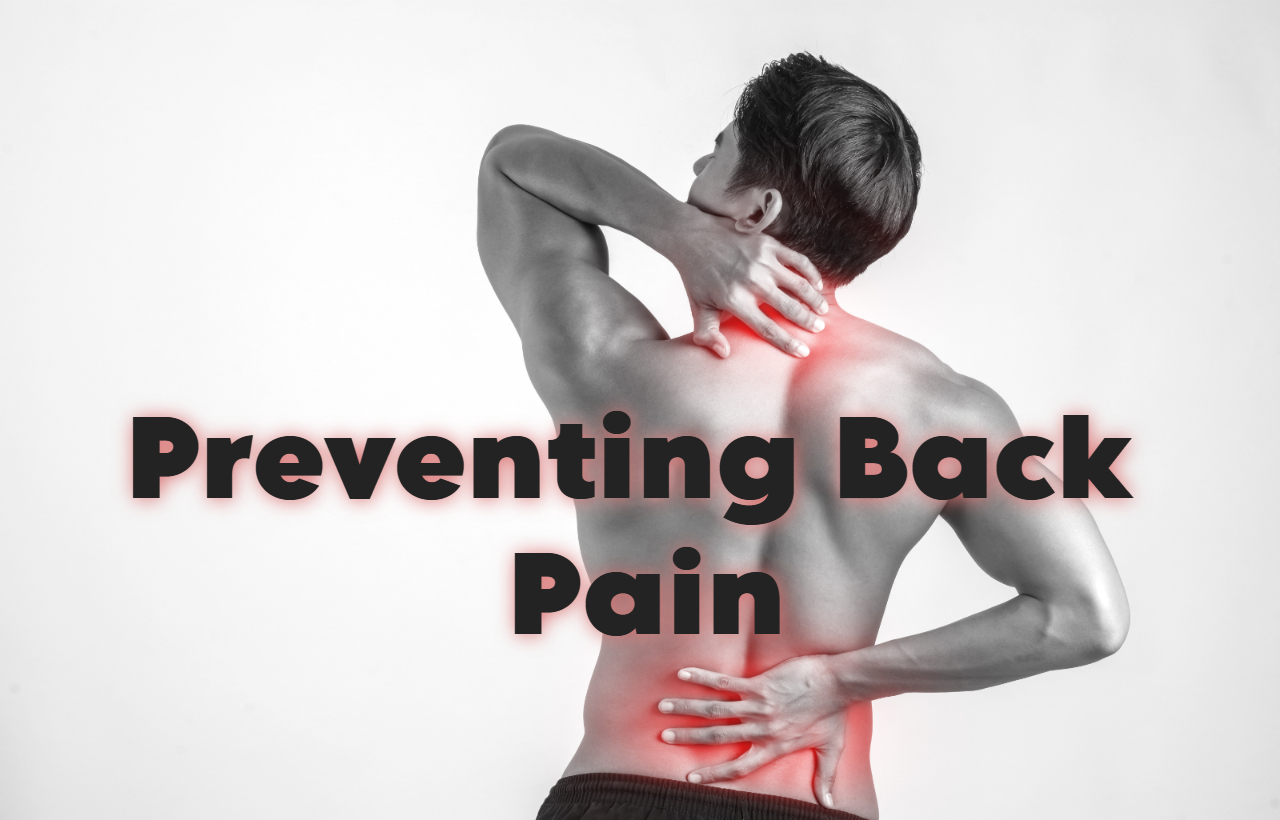Human Back pain is one of the most common health concerns today, affecting individuals across all age groups. It often stems from poor posture, which can lead to muscle strain, joint dysfunction, and even chronic pain. Fortunately, understanding and adopting proper posture can help you not only prevent back pain but also improve your overall health and productivity. In this guide, we’ll discuss the role of posture in back pain, provide practical tips, and answer common questions about human back pain relief.
The Link Between Poor Posture and Back Pain
Bad posture can cause human back pain symptoms that range from mild discomfort to debilitating pain. Prolonged slouching, sitting, or standing incorrectly puts undue stress on the spine, ligaments, and muscles. Over time, this can lead to conditions such as:
- Muscle Strain: Poor posture forces muscles to work harder to support the body.
- Joint Dysfunction: Misalignment of the spine can affect joint movement.
- Disc Problems: Poor posture increases the risk of herniated discs.
Upper Back Pain from Poor Posture
Sitting hunched over a desk or using mobile devices can cause tension in the neck and shoulders, leading to upper back pain.
Lower Back Pain from Poor Posture
Slouching while seated or standing can compress the lower spine, resulting in pain and stiffness. Many people share experiences like “how I cured my lower back pain at home” through posture correction and exercise.
Practical Tips for Preventing Back Pain
1. Maintain a Neutral Spine
- Keep your ears, shoulders, and hips aligned when sitting or standing.
- Avoid slouching or leaning forward for prolonged periods.
2. Ergonomic Adjustments
- Chair: Use an ergonomic chair that supports your lower back.
- Desk: Ensure your workstation is set at a comfortable height to avoid hunching.
- Screen: Position your screen at eye level to prevent neck strain.
| Ergonomic Adjustments | Benefits |
|---|---|
| Lumbar support chair | Reduces lower back stress |
| Adjustable desk height | Promotes neutral spine alignment |
| Eye-level screen placement | Prevents neck and upper back pain |
3. Strengthening Exercises
Regular exercise strengthens the core and human back muscles, offering better support to the spine. Yoga poses such as Dhanurasana and Pilates routines are excellent options.
4. Take Frequent Breaks
Avoid staying in one position for too long. Stand, stretch, or take a short walk every hour to relieve tension.
5. Sleeping Position Matters
Sleeping on your back with a pillow under your knees maintains spinal alignment. Avoid sleeping on your stomach, as it strains the neck and back.
6. Wear Supportive Shoes
High heels and unsupportive footwear can alter your posture and increase back pain risk. Choose footwear with good arch support.
Bad Posture Back Pain Symptoms
Bad posture doesn’t just cause human back pain—it can also lead to other symptoms, including:
- Tension headaches: From neck and upper back strain.
- Fatigue: Poor posture reduces lung capacity, leading to less oxygen intake.
- Digestive issues: Slouching can compress internal organs.

How to Relieve Back Pain Fast at Home
If you’re already experiencing pain, these home remedies can provide quick relief:
- Hot or Cold Therapy: Apply a heating pad or ice pack to reduce inflammation and ease discomfort.
- Gentle Stretching: Perform stretches that target the back and hamstrings.
- Massage: Use a foam roller or get a professional massage.
- Over-the-Counter Medication: Anti-inflammatory medications can help with acute pain.
Correcting Posture Hurts Back: Is It Normal?
It’s common to feel mild discomfort when correcting posture, especially if your muscles are unaccustomed to the new alignment. This discomfort usually subsides as your body adapts.
Tips to Ease the Transition
- Make gradual adjustments to your posture.
- Combine posture correction with strengthening exercises to support your back.
Poor Posture Back Pain Treatment
For chronic human back pain caused by poor posture, treatment may include:
- Physical Therapy: A therapist can teach exercises to strengthen the back and improve posture.
- Chiropractic Care: Spinal adjustments can realign the spine and reduce pain.
- Posture Braces: These devices provide temporary support while retraining your muscles.
FAQs
1. How to get rid of back pain instantly?
Apply a cold compress or heating pad, perform gentle stretches, and rest in a comfortable position to find immediate relief.
2. How to reduce back pain for females?
Women can reduce back pain by wearing supportive bras, avoiding high heels, and practicing core-strengthening exercises.
3. How to relieve back pain fast at home?
Stretching, hot/cold therapy, and maintaining proper posture can provide quick relief.
4. What are the common bad posture back pain symptoms?
Symptoms include human back stiffness, muscle tension, neck pain, and headaches.
5. How I cured my lower back pain at home?
Many people report curing human back pain through consistent stretching, strengthening exercises, and ergonomic adjustments.
6. Why does correcting posture hurt back initially?
Your muscles may need time to adapt to the new alignment, leading to temporary discomfort.
7. What is the best poor posture back pain treatment?
Physical therapy, posture exercises, and ergonomic tools are effective treatments.
8. Can upper back pain from poor posture be treated?
Yes, strengthening exercises, stretching, and maintaining a neutral spine can help alleviate upper back pain caused by poor posture.


